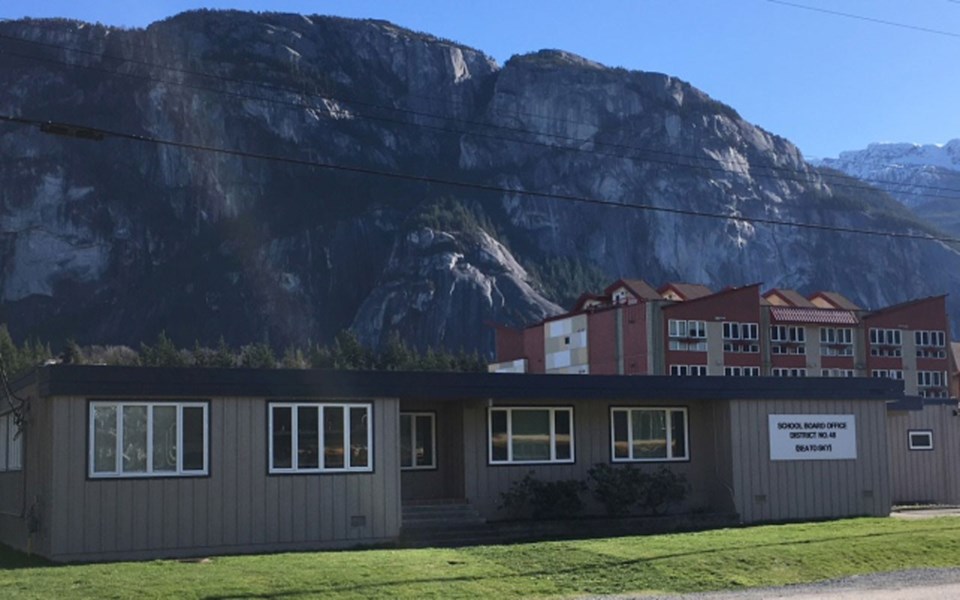Another school year is officially upon us.
Even as an adult, it's not hard to conjure up memories of the exciting, though bittersweet, feelings that accompanied the end of summer and the start of a new school year. For some kids, September means they get to see friends they missed over the summer months and resume a routine that includes socializing, meeting new classmates and deepening relationships.
For other kids, it's not so easy. Take the sad case of nine-year-old Denver student Jamel Myles, for example.
The Grade 4 student died by suicide at the end of August after he came out as gay over the summer and began to get bullied after school resumed on Aug. 20, according to media reports.
Plenty of kids face similar bullying for myriad reasons and, for a large part, society has started to move from dismissing these actions as "kids being kids" to treat it as the more serious and sometimes life-threatening issue it can be.
To that end, the Sea to Sky school board should be applauded for unanimously adopting policies to further protect LGBTTQ+ students from harassment at its last meeting on Aug. 29.
Those new policies—an update from its previous position—allow students to be referred to by the pronoun of their choice, request schools make at least one single-stall, gender-neutral washroom available, and give students the opportunity to play on the sports team that aligns with their gender identity.
As The Squamish Chief reported, no one in the crowd voiced opposition to the motion—but not very many people attended the meeting either. As a result, the board is preparing for any backlash that might arise—considering other districts have faced opposition for similar changes.
Parents should certainly be allowed to offer their views on the matter; the motion was passed much more quickly than usual in order to have it implemented for the start of the school year. Part of the reason our world is such a mess right now is because people with polarizing views are unable to have civilized conversation.
But that being said, anyone opposed to these new changes needs to stop and ask themselves, "How does this really affect me or my children?"
(Please don't argue that transgender bathrooms put kids at risk. This is statistically incorrect. In fact, it's transgender people who have endured violence for using bathrooms that other people don't believe they should be in.)
Certain demographics like to lament how politically correct our society has become. They feel upset by (long-overdue) efforts to ensure that people of all ethnicities, religions and sexual orientations feel included in our communities. (Frankly, we still have a long way to go.)
But how is it a bad thing that more people feel welcome and comfortable in more shared spaces? Sure, it might take a little more effort to learn how to include certain groups. You might even fumble and use the wrong term or pronoun and that might feel embarrassing for a moment. You might, for a second, resent having to go out of your way for someone else. But to that person, it could mean a great deal. Your effort—even if it's not perfect—could truly contribute to making this world a better place.
But even if you're skeptical about being more inclusive for the adults in our society, it's hard to argue that children and teens—society's most vulnerable members—shouldn't be made to feel safe in a school environment.
On top of that, all students benefit from learning about people who are different from them. After all, there's a big, wide world out there beyond Whistler where not everyone rides bikes in the summer and skis in the winter. Diverse interests, careers, ways of life, and values create a brighter and more interesting society—and it's the job of our education system to prepare kids to find their place in it.




